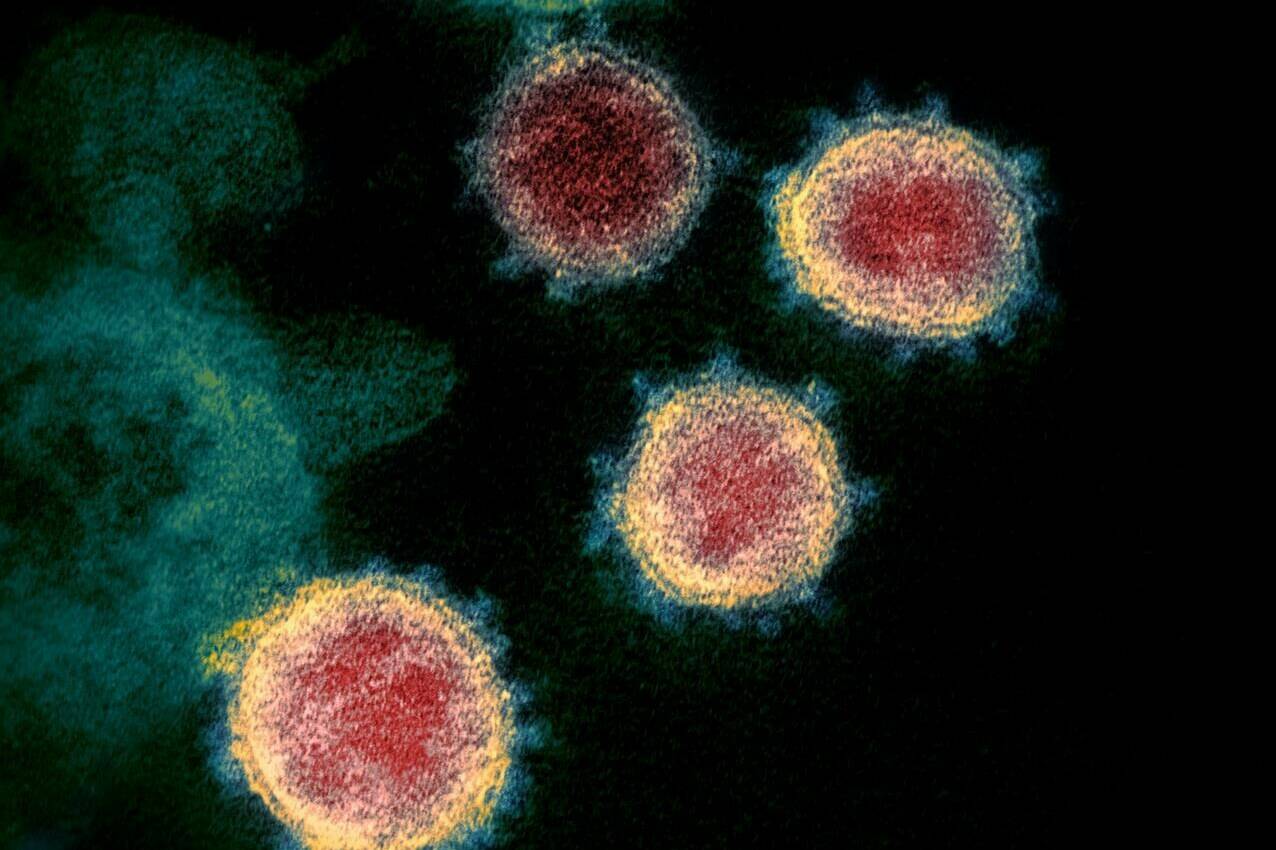Researchers at the University of British Columbia have discovered what they are calling a “weak spot” in the virus that causes COVID-19.
A study published in the peer-reviewed scientific journal Nature Communications says the “key vulnerability” is found in all major variants of the SARS-CoV-2 virus.
Researchers say exploiting that weakness could pave the way for new treatments that would be effective against all strains of the illness that has killed almost 6.5-million people across the globe since it was identified more than two years ago.
The study’s senior author, Dr. Sriram Subramaniam, a professor in UBC’s faculty of medicine, says the team studied the virus at an atomic level, found the weak spot and identified an antibody fragment that can attach to it and all other variants, including the surging Omicron subvariants.
Antibodies counteract viruses by attaching like a key in a lock and are no longer effective when the virus mutates quickly, but Subramaniam says the weak spot is constant in all seven major variants of the SARS-CoV-2 virus, allowing one antibody to act as a “master key” capable of overcoming extensive mutations.
Subramaniam says the weak spot and master key identified in the study “unlock a whole new realm of treatment possibilities” that have the potential to be effective against current or future variants of the virus that causes COVID-19.
RELATED: Canada signs agreement with AstraZeneca on preventative COVID-19 treatment
RELATED: UK authorizes Merck antiviral pill, 1st shown to treat COVID

